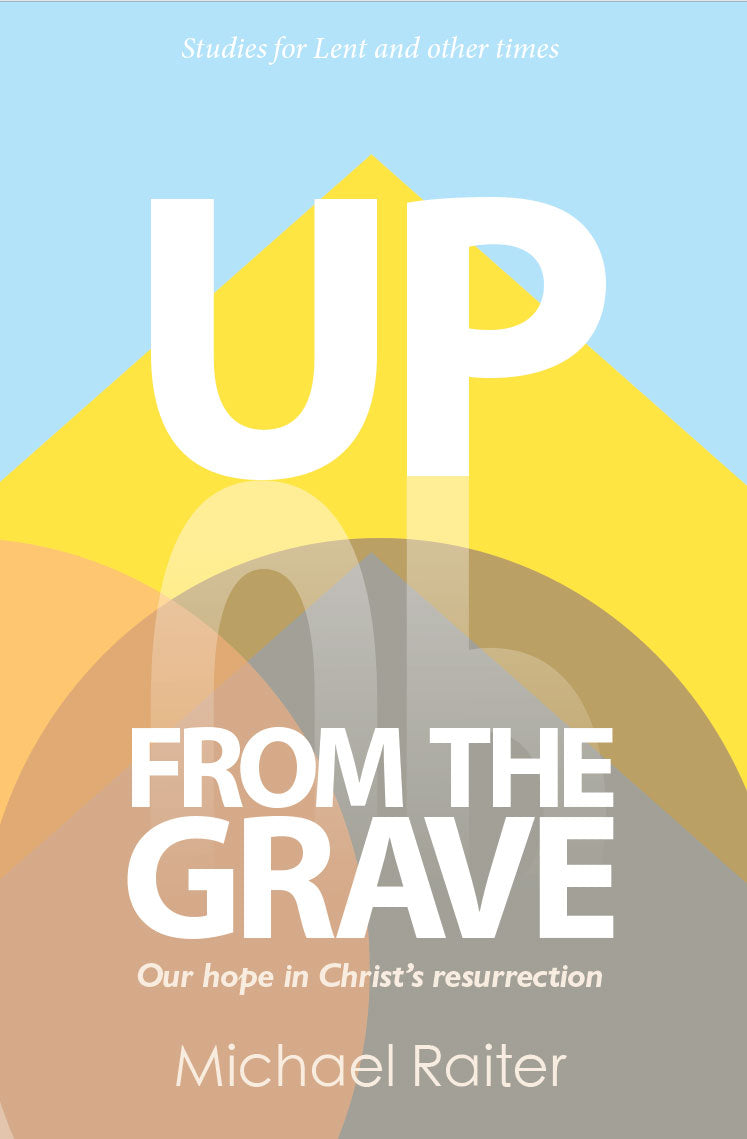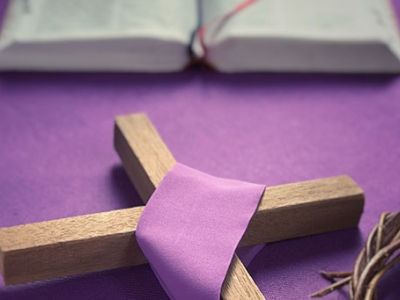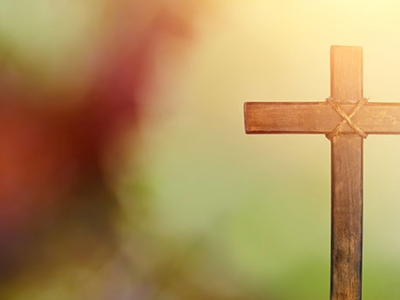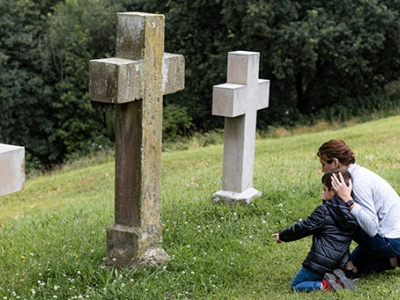
What are Shrove Tuesday and Ash Wednesday about?
An introduction to two ancient traditions.
Since the early days of Christianity, the Church has observed the season of Lent as a preparation for Easter. Traditionally, Easter was the time of year when new converts were baptised and when repentant sinners were re-admitted to fellowship and communion.
The Church of England website explains how this shaped the season:
‘As the candidates for baptism were instructed in Christian faith, and as penitents prepared themselves, through fasting and penance, to be readmitted to communion, the whole Christian community was invited to join them in the process of study and repentance, the extension of which over forty days would remind them of the forty days that Jesus spent in the wilderness, being tested by Satan.’
Counting back forty days from Easter (not including Sundays), means that Lent begins on a Wednesday. The day before this became known as Shrove Tuesday or Pancake Day.
Shrove Tuesday / Pancake Day
Originally the Tuesday before Lent was about ‘shriving’, that is, confessing your sins. But eventually it became a day of carnival or festival, because it was the final chance people had to ‘party’ before the serious season of Lent began. Many Catholic countries still hold large public carnivals at this time of year. Some of the most famous of these are held in Venice, Italy and Rio de Janeiro, Brazil.
Since Lent traditionally meant fasting from luxuries like meat, eggs, sugar and butter (except on Sundays), the day before became a time to eat up all the ‘luxury’ foods in the house, sometimes in the form of pancakes. That led to the day being called Mardi Gras (French for ‘fat Tuesday’) or Pancake Day.
Ash Wednesday
Ashes are an ancient sign of repentance. For this reason, since the Middle Ages, Christians have observed the start of Lent by being marked in ash with the sign of the cross.
Many traditional churches still hold an Ash Wednesday service. Sometimes, the ash used for marking is made from burning the palm crosses from the previous year’s Palm Sunday service. Some common Scriptures to be read aloud are Psalm 51, a psalm of repentance, and Joel 2:12–18:
‘Even now,’ declares the Lord,
‘return to me with all your heart,
with fasting and weeping and mourning.’Rend your heart
and not your garments.
Return to the Lord your God,
for he is gracious and compassionate,
slow to anger and abounding in love,
and he relents from sending calamity. (Joel 2:12–13)
When it comes time for the ‘imposition of ashes’, the minister says something like this (from a Church of England liturgy):
‘I invite you to receive these ashes
as a sign of the spirit of penitence with which we shall keep this season of Lent.
God our Father,
you create us from the dust of the earth:
grant that these ashes may be for us
a sign of our penitence
and a symbol of our mortality;
for it is by your grace alone
that we receive eternal life
in Jesus Christ our Saviour.
Amen.’
As the minister marks each person with a cross of ash on their forehead, s/he says:
‘Remember that you are dust, and to dust you shall return.
Turn away from sin and be faithful to Christ.’
Personally, I have found attending our church’s Ash Wednesday service a very meaningful experience. It’s a rare opportunity to remember and express—in a very tangible way—my mortality before God, the One who gives life and forgiveness.
How might we mark these days?
Some families and churches still enjoy the tradition of making pancakes on the Tuesday before Lent, whether or not they are ‘giving up’ luxury foods the next day. Do we ever need an ‘excuse’ for having pancakes?!
However, Ash Wednesday is a very sombre occasion (and always falls on a school day), so it may be something that parents choose to mark without their children. Even so, families could have a chat about what we are remembering on that day: that 'we are dust, and to dust we shall return'. We could share with our children the hope we have in Jesus, who said 'I am the resurrection and the life. The one who believes in me will live, even though they die.' (John 11:25)
While your church may not hold a service on Ash Wednesday, it can still be a good time for reflection, self-examination and repentance. One idea could be to sit down and read Psalm 51, making it your own prayer to God. Families could also read this scriptural prayer together.
When it comes to observing Lent as a family, you can read our article ‘What is Lent and how might we observe it?'.
There are always dangers in following traditions simply for tradition’s sake. So many Christian families will choose not to observe Lent at all. But noticing and following the seasons of the Church calendar can help to set up family rhythms that fix our eyes on Jesus. If our family chooses to mark Shrove Tuesday, Ash Wednesday or Lent in some form, we will be in the good company of millions of Christian brothers and sisters across the world and across the centuries—all seeking to follow Christ through his time of testing, through his suffering and ultimately, into the glory of his resurrection.
References
Church of England wesbite, 'Worship text and resources: Lent'.
Britannica: Shrove Tuesday.
Britannica: 'Ash Wednesday: Christian holy day'.

Up From the Grave
These 40 devotional studies from veteran teacher and preacher Michael Raiter will help you revel in the joy and hope that comes from the resurrection, seen in both Old and New Testaments, exemplified through Jesus, his prefigures and his followers.
For more articles from Growing Faith, subscribe to our monthly e-newsletter.
To hear about the latest books and resources from Youthworks Media, subscribe here.








